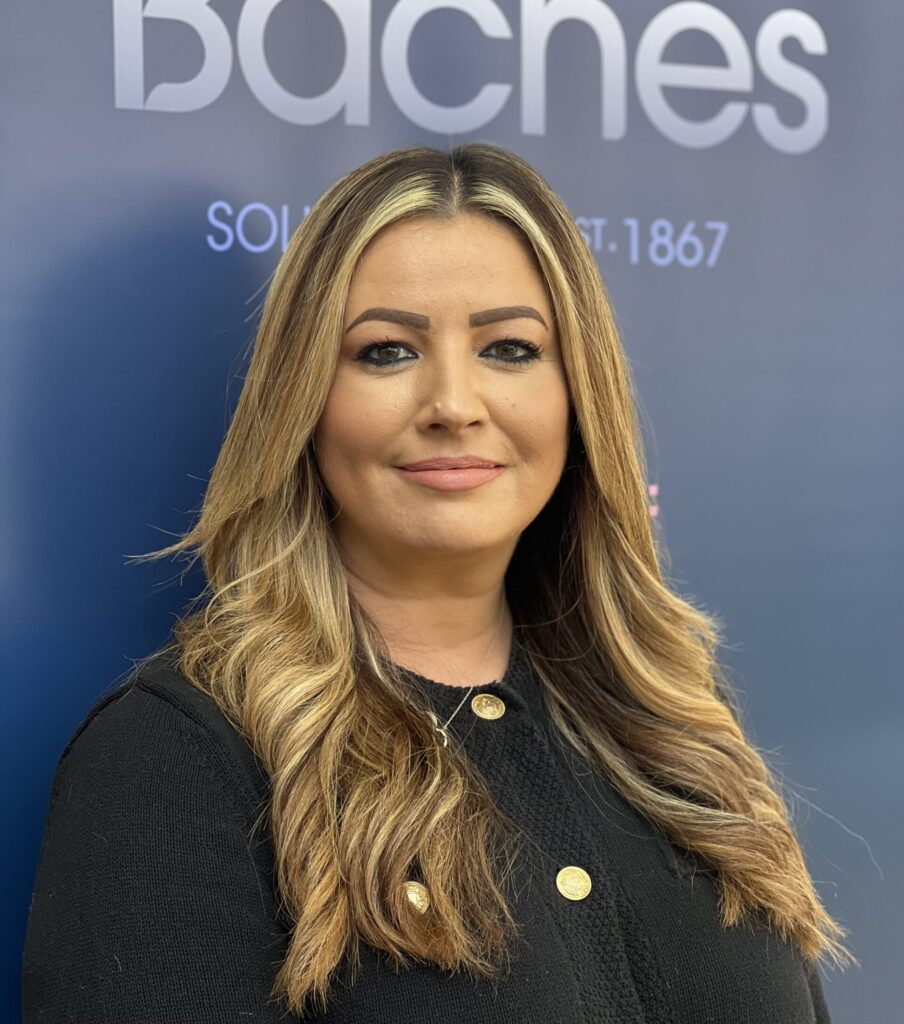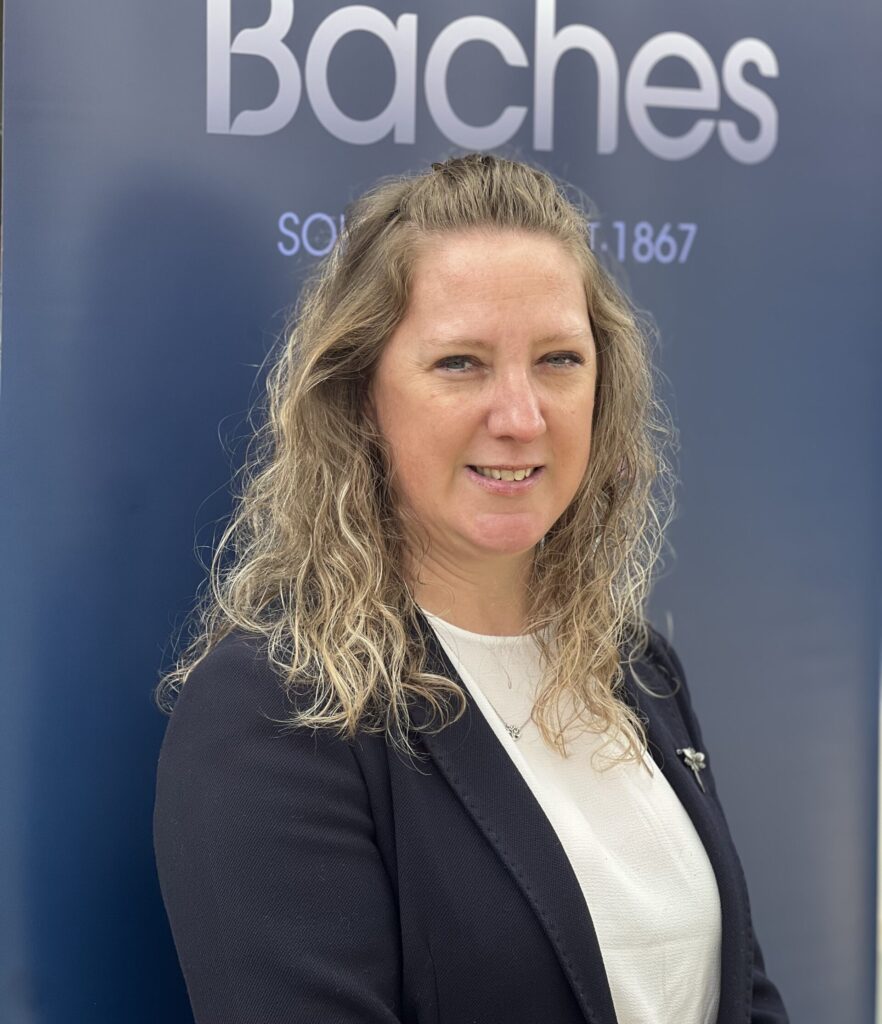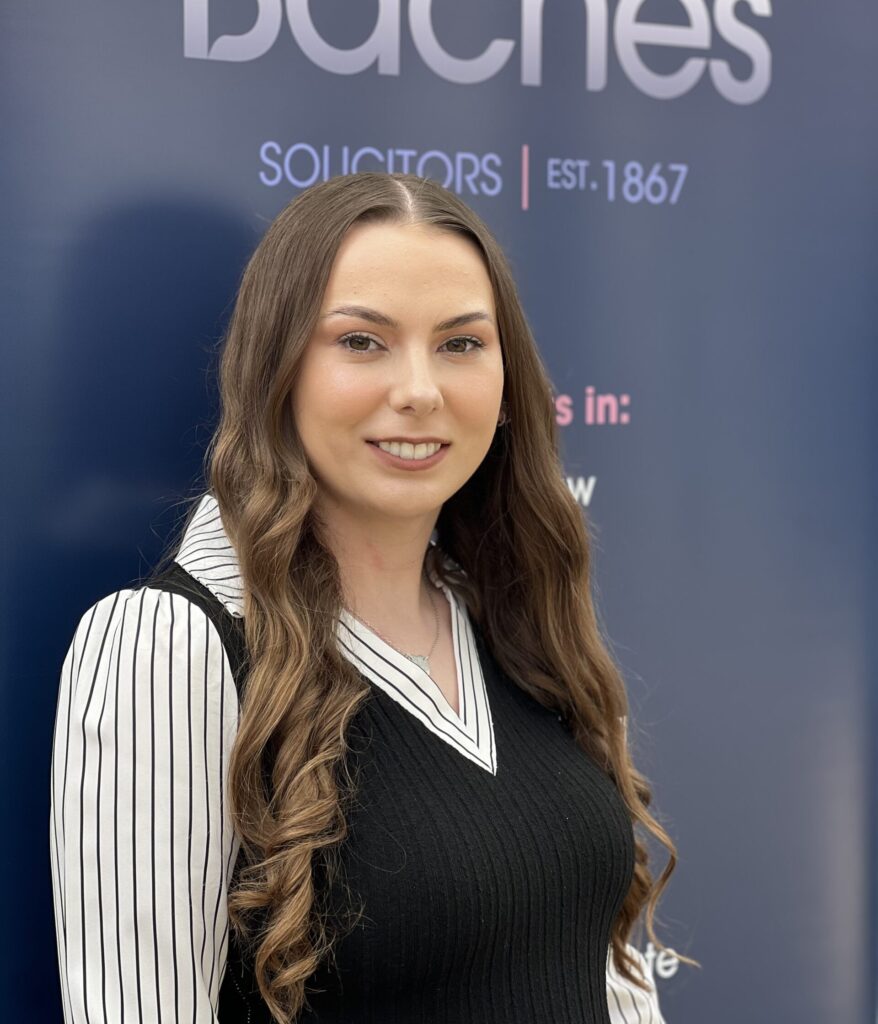Cohabitants do not have the same rights to make property claims as married couples or civil partners. Instead, disputes between cohabitants regarding their interests in a property are determined in accordance with the law of trusts. The ‘common law’ wife or husband does not exist in law and claims by cohabitants are very limited in comparison with spouses or civil partners. In some circumstances it may be possible to make a claim against property on behalf of a child.
There are two main ways in which a cohabitant may have an interest in a property:
- as a joint owner, or
- where the property is in the sole ownership of the other cohabitant, under a trust, whether expressly stated or otherwise
In some circumstances a cohabitant who has a potential interest in a property may make an application to the court under legislation called the Trusts of Land and Appointment of Trustees Act 1996 (TOLATA 1996) if the legal owner of the property does not recognise their interest.
WHO HAS AN INTEREST IN PROPERTY?
One of the first steps in determining whether you may have a claim against property is to consider whether you own the property in question jointly with your cohabitant or former cohabitant, or if the property is solely owned by just one of you. The ownership of a property and the way in which it is owned is often dealt with at the time the property is purchased, or in some cases by a subsequent legal transfer of the property.
Disputes regarding interests in property often arise where a property is solely owned by one cohabitant or former cohabitant. If the cohabitant who owns the property in their sole name has made an express written declaration of trust declaring that they hold the property for themselves and their cohabitant, setting out their respective shares, this is called an express trust.
If there is no express trust and you wish to claim a beneficial interest (because you are not a joint legal owner of the property), you must establish one of the following:
- that you contributed in money or money’s worth to the purchase of the property and that there was a common intention to hold the beneficial interest in the property in proportion to your contributions (known as a resulting trust)
- that you can show that there was a common intention that you should have a beneficial interest in the property and that you have acted to your detriment on this basis (known as a constructive trust)
- that the legal owner has led you, either by their words or their conduct, to believe you have a beneficial interest in the property and as a consequence you have acted to your detriment, making it unreasonable for the legal owner to insist that they have total beneficial ownership of the property (known as proprietary estoppel)
It can be challenging to establish an interest in a property where it is solely owned by your cohabitant or former cohabitant and there is no written express trust. You will need to discuss this in detail with our expert lawyers who will assess the merit of your claim and advise as to the most appropriate way to reach a resolution.
WHAT IS THE COURT PROCEDURE?
If it is necessary to commence proceedings before the court then the procedure thereafter consists of three main stages: disclosure, inspection and evidence. The court manages the process throughout and will list a trial (where all the written and oral evidence is considered) if the case does not settle. It is advisable to seek to reach a settlement by way of negotiations in most cases.
HOW MUCH WILL IT COST?
This will generally depend on circumstances of your case and we will be able to provide you an estimate as to our fees once we have discussed your requirements with you.





